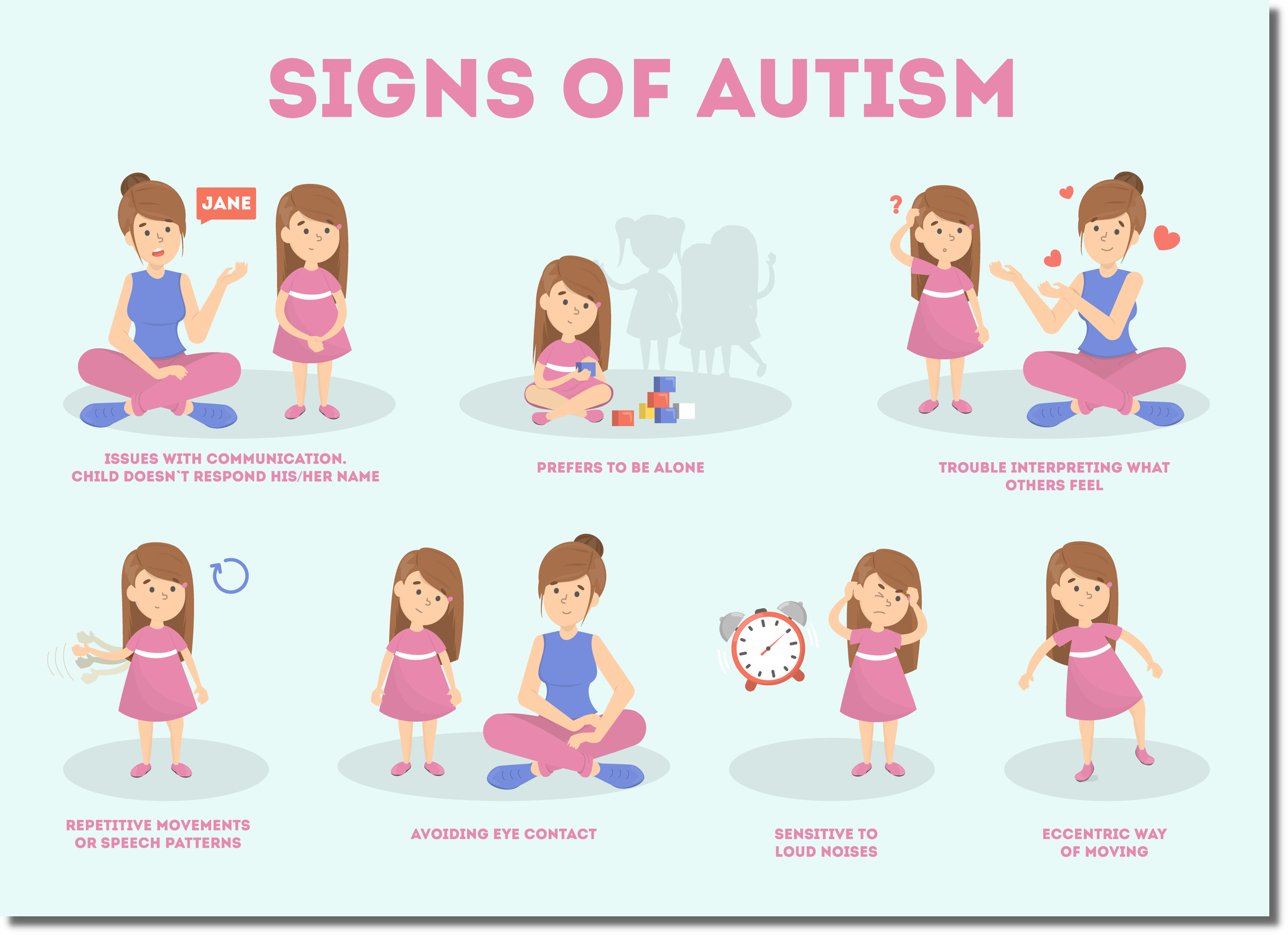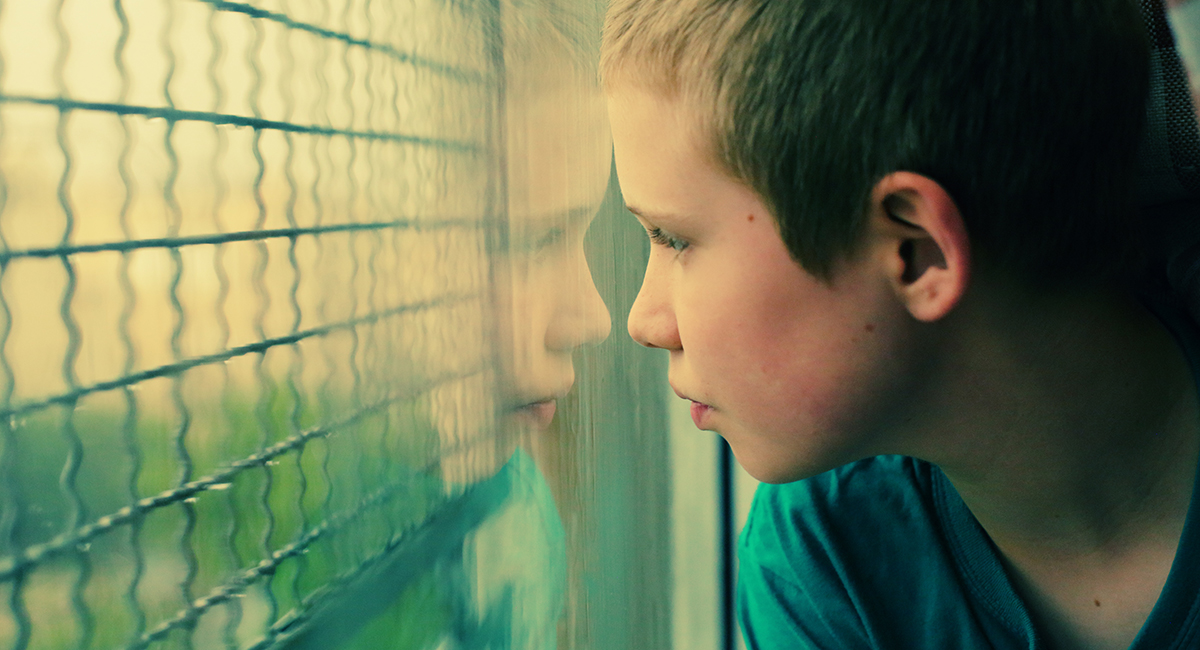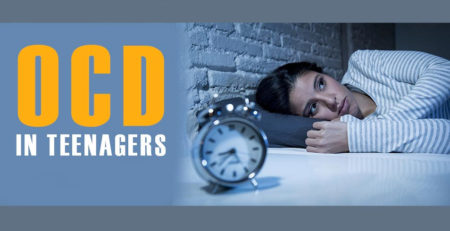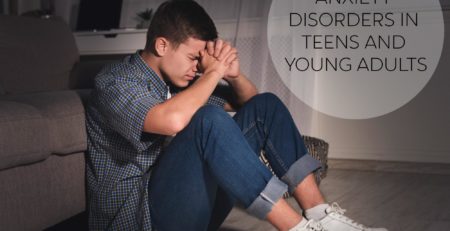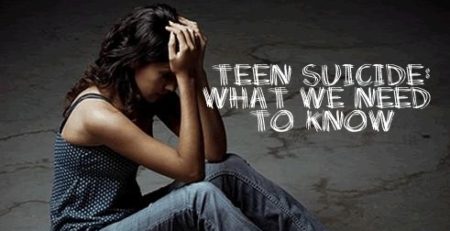Signs of Autism in Children and Teenagers
It can sometimes be difficult to recognize signs of autism in older children and teenagers. This is because the signs of autism may become more visible when children enter a new school environment, such as primary or secondary school. The transition to a new school can be challenging for autistic children and teenagers, which might make it difficult for them to hide their diagnosis any longer. Let’s take a closer look at the signs of autism in older children and teenagers.
Recognizing Signs of Autism
One of the most common signs of autism in older children is difficulty relating to peers. Autistic children might have trouble understanding social cues, making friends, or participating in group activities. They may also need help with communication skills such as eye contact, facial expressions, tone of voice, body language, hand gestures, or conversation starters. Additionally, autistic children may display repetitive or restricted behaviors, such as engaging in specific routines or rituals daily or having an intense interest in one topic.
Autistic children may also experience sensory overload due to heightened sensitivity to everyday noises or lights. If left unchecked, this can lead to stress-related behaviors like avoidance, aggression, or even self-harm. Other signs include difficulty with change (such as changes in routine), difficulty interpreting nonverbal cues such as sarcasm or humor, difficulty focusing on tasks for long periods, and difficulty expressing emotions appropriately.
Supporting Autistic Children
Adults need to understand the signs of autism so they can provide support when needed. Schools should have a program specifically designed to help autistic students adapt to their new environment while continuing to address their individual needs; this program should include an inclusive classroom setting and additional resources such as one-on-one sessions with qualified professionals who support autistic students. Parents should regularly communicate with teachers and administrators about their child’s progress and work together to create an effective plan to ensure academic and social success.
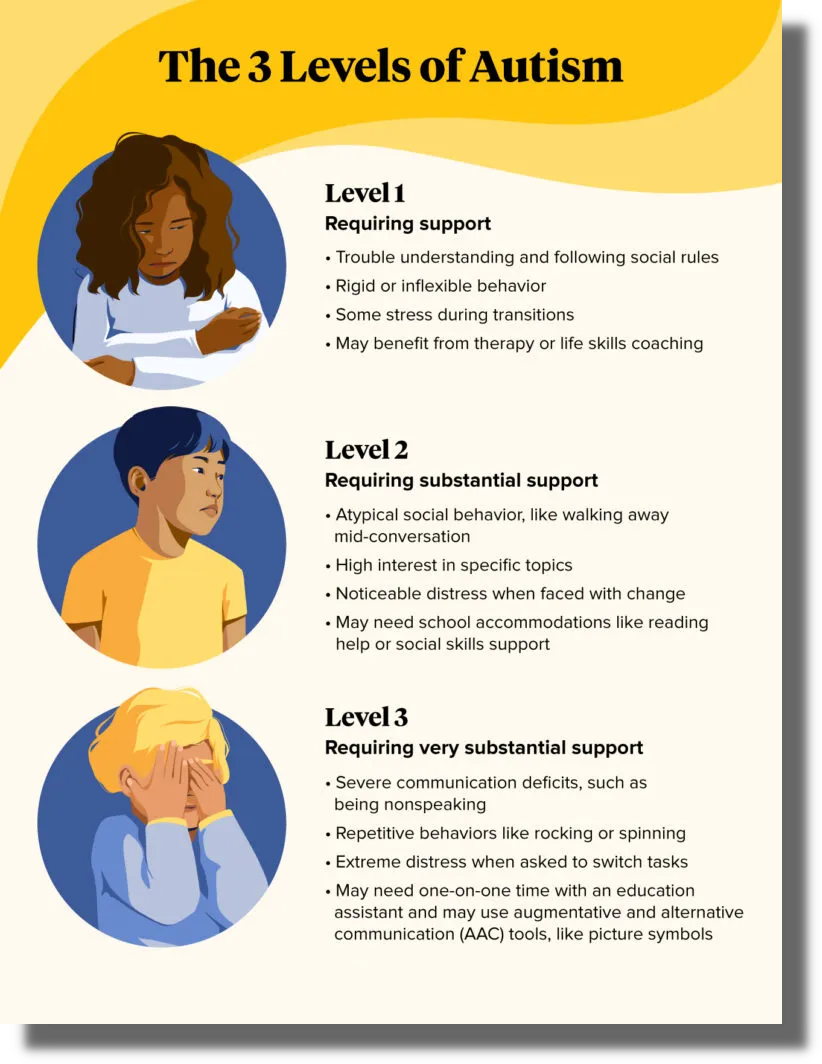
About the signs of Autism
In school-age children, autism signs can become more noticeable as they transition to a new primary or secondary school environment. This can be an overwhelming time for them, making it harder for someone with autism to go unnoticed or mask their traits. Common signs of autism in middle childhood and adolescence include difficulties understanding jokes, changes in how they speak, initiating conversation or communicating effectively with peers and teachers, reacting strongly to change, and increased trouble managing emotions like anger and frustration. Sensitivity to noise and high-stimuli environments can make attending school challenging. If you notice signs of possible autism in your child, you should see your GP, who can refer them to professional health experts for an assessment and diagnosis.
Changes in Social Interaction
One of the most common signs of autism in older children and teenagers is a change in social interaction. This may manifest as a loss of interest in interacting with others or a withdrawal from social activities that were previously enjoyed. Additionally, autistic individuals may have difficulty understanding social cues, such as body language or tone of voice.
Changes in Communication
Another common sign of autism is a change in communication patterns. This may include a delay in spoken language development or a loss of previously acquired speech skills. Autistic individuals may also use unusual intonation or pitch when speaking and may have difficulty understanding sarcasm or jokes.
Repetitive Behaviors
Repetitive behaviors are another common sign of autism. These may include repetitive body movements, such as hand-flapping or rocking, or repetitive speech patterns, such as repeating the same things or phrases repeatedly. Some autistic individuals may also become fixated on objects or activities and engage in them for long periods.
Sensory Issues
Many autistic individuals also have sensory issues, either hypersensitive or hypersensitive. Hypersensitive individuals may be oversensitive to certain stimuli, such as loud noises or bright lights, while hypersensitive individuals may be insensitive to pain or temperature changes. These sensory issues can often lead to behavioral problems, such as tantrums or self-injurious behaviors.
Unusual Interests or Fixations
Autistic individuals often develop unusual interests or fixations and may become highly knowledgeable about these topics. For example, an individual with autism might become fixated on trains or dinosaurs and be able to recite extensive information about these topics.
Common Issues in Teenagers and Children
Older autistic children and teenagers often have other issues as well. These might include the following:
Sleep difficulties
Anxiety
Depression
Aggressive Behavior
Eating Disorders
Executive Functioning Difficulties
School Refusals
Recognizing the signs of autism in older children and teenagers is essential so parents and educators can provide the proper support needed for these individuals to succeed academically and socially. With open communication between parents/caregivers and educators/administrators coupled with inclusive classrooms designed specifically for special needs students such as those on the spectrum, autistic individuals can achieve success in school environments despite their unique challenges!
Contact us today at 816.819.5166 or Schedule an appointment online.
